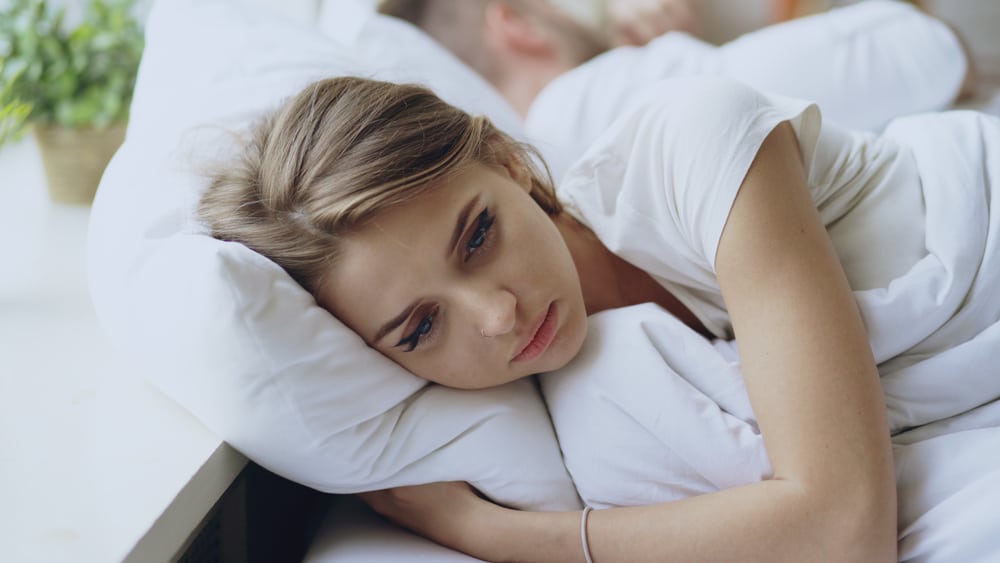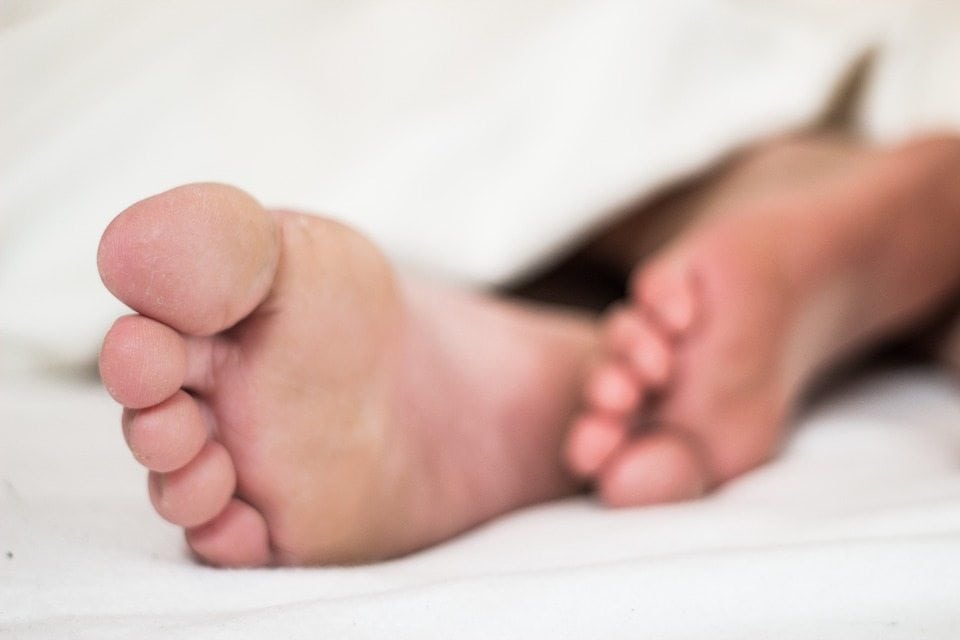Whilst we have recently gone through the shortest day of the year, and days are now getting longer we are still firmly in the ‘Winter Blues’ season. In fact, it’s estimated that between 40% and 50% of us get this decrease in energy and lower mood in the winter with the peak in incidence in January and February.
What causes the Winter Blues?
Research has shown that light affects our mood in the short term. The blue light of the morning sun is uplifting, improving mood and alertness. The reduction of light in the winter correspondingly leads to us naturally feeling lower in the winter mornings and beyond.
Less natural light can cause
- A dip in serotonin, a neurotransmitter that regulates mood
- Disruption in our Circadian Rhythm (body clock) which helps control our sleep-wake cycle
- Alterations in Melatonin, a hormone associated with both sleep and mood
However, it’s now been shown that the change in light only accounts for about 10% of ‘Winter Blues’. It is how we respond to the gloomier winter days however which gets us down.
- We stay in bed longer ( in the colder/darker mornings).
- We often exercise less
- We increase our consumption of ‘comfort food’.
- In the darker evenings we do not want to socialise as much and isolate more.
Is it Winter Blues or SAD?
Whilst Winter Blues makes you feel low, Seasonal Affective Disorder (SAD) affects all areas of your life. When you have SAD you can’t focus, sleep longer, overeat, isolate and feel totally depressed. SAD permeates all aspects of your life from work to relationships and needs medical intervention. Winter Blues however can be tackled by addressing our tendency to act differently in the gloomier days and get as much light as possible.
As with ‘winter blues’ SAD starts to increase in late October through November, with symptoms tending to subside by late April/ early May. January and February are the worst months overall for SAD symptoms.
Beating the winter blues
Here’s ten tips to combat the winter blues.
1) Get some sun.
Get outside whenever the sun is out during these darker days. As well as boosting our mood, sunlight improves sleep and promotes both Vitamin D and serotonin production. Getting outside in the morning is best, or in your lunch hour if not.
2) Exercise as much as possible.
Exercise lifts our mood by producing endorphins, our feel-good hormones. Aerobic exercise, in particular, also boosts the production and release of Serotonin a key neurotransmitter in the brain. Running and cycling are great. If you prefer to walk, a 2005 study from Harvard University showed that walking fast for about 35 minutes a day five times a week or 60 minutes a day three times a week improved symptoms of mild to moderate depression.
3) Eat foods which boost your serotonin levels.
Whilst Serotonin itself isn’t found in foods Tryptophan is. Tryptophan is essential amino acid i.e. we need to eat which contain it as we can’t produce it ourselves. Amongst other roles in the body Tryptophan is a precursor, or building block, of Serotonin. Foods such as poultry, avocados, bananas, cottage cheese, walnuts, soy protein, tomatoes and sunflower seeds all contain Tryptophan. It’s important to optimise Tryptophan absorption by eating these, protein based, foods in combination with carbohydrates such as bread, pasta and potatoes.
4) Get a Wake-up Light / Dawn Simulator.
Rather than use your phone as an alarm these are great for waking you up more naturally. These sort of alarm clocks simulate the dawn with a gradually brightening light. A recent feature on some of these lights is an evening setting, with a fading light to simulate a sunset. This extra feature helps relax us for sleep.
5) Eat foods which contain Vitamin D to boost your mood.
With the reduction in sunlight it’s important to make sure we get enough Vitamin D. Good sources are fatty fish such as salmon, tuna and mackerel. Fortified dairy products are also useful, as are tofu, eggs and mushrooms. It’s now recommended that we take 10 micrograms ( 400 IU) of Vitamin D supplements during the darker months from October to March, to keep our bones and muscles healthy. This is especially important if you are getting outside less due to Covid.
6) Avoid comfort eating.
Don’t eat sweet carbohydrates, especially in the evening. Sugar keeps you awake, and the resulting lack of sleep will lower your mood. Instead increase your consumption of fruit, vegetables, milk and yoghurt – dairy products contain protein, vitamins A and B12, and calcium – will help to boost your immune system. A breakfast of fibre or protein though is a great start and can prevent mid-morning cravings.
7) Keep warm, but not too warm.
Being too cold can make you depressed. In fact, staying warm can reduce the winter blues by a half. Always have a stock of blankets to warm up when you get into bed, or an electric blanket or hot-water bottle . Aim at keeping your home between 18C and 21C ( 64F-70F). However, if you use the heating at night, aim at keeping the temperature cooler temperature, typically around 16C. If your bedroom is too warm it may prevent you getting into deep sleep, as we need a cool bedroom for a comfortable night’s sleep. Hot food and drinks and wearing warm clothes and shoes during the day are also key to avoiding the winter blues.
8) Socialise and talk about your feelings.
Socialising is proven to be good for mental health. Get out and visit friends and family and talk about how you are feeling. If you can’t meet in person try to get face to face contact. Zoom, Facetime, What’s app it doesn’t matter which. If you can’t Facetime then phone rather than text!
9) Get a light box.
Light boxes use white-fluorescent bulbs to mimic sunlight. They are available online and from therapists and can also be prescribed by your GP. The idea behind a light box is that you get a dose of sunlight – so using them in the morning is ideal. However, it’s important to follow the manufacturer’s instructions as getting too much light can cause headaches and agitation. Apart from increasing your mood Light Boxes improve you sleep as they help regulate the release of Melatonin, our sleep hormone. The light intensity they produce helps us to better differentiate day and night which strengthens our Body Clock (Circadian Rhythm) which in turns makes it easier to get to sleep at night.
10) See your GP.
Try not let yourself get too low. If you find that the blues are getting too much for you, an early visit to your GP might prevent things getting worse. It’s especially important here to check whether you are low with the Winter Blues or depressed with SAD.









